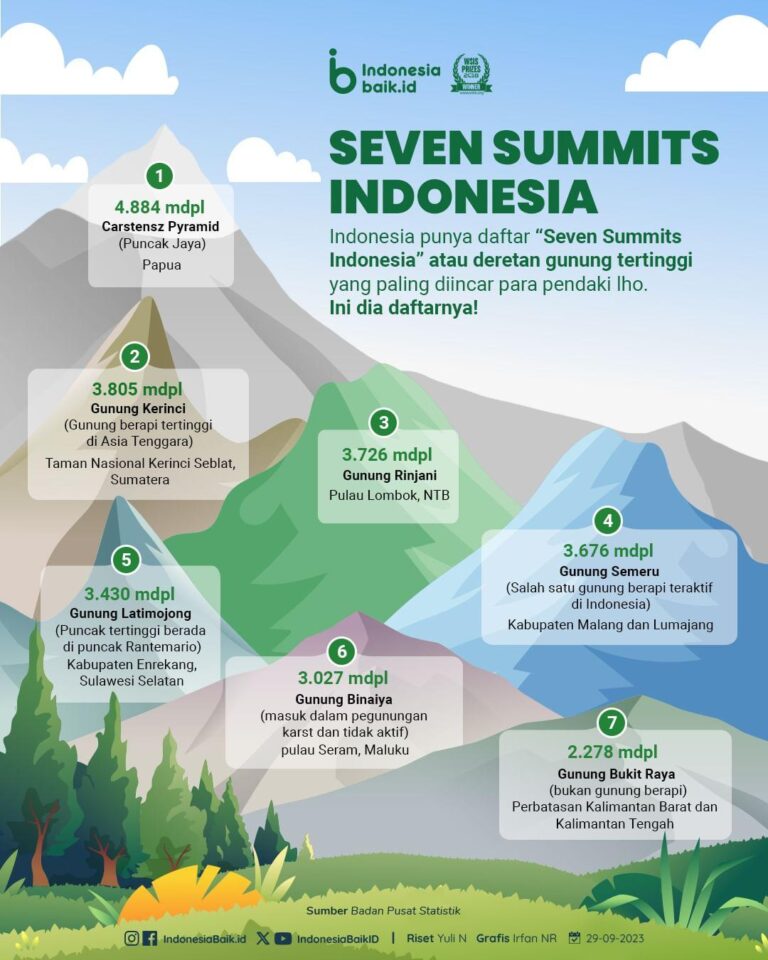At the forefront of global efforts to ensure the long-term viability of outer space activities, Brazil is stepping into the spotlight as the 7th Summit for Space Sustainability unfolds. Highlighting the nation’s growing influence in space governance, the summit gathers leading experts, policymakers, and industry stakeholders to address pressing challenges in orbital debris management, responsible satellite deployment, and international cooperation. In an exclusive discussion with Marco Chamon of SpaceWatch.GLOBAL, the summit’s significance and Brazil’s emerging leadership role are brought into sharp focus, signaling a pivotal moment in the quest to safeguard the shared space environment for future generations.
Brazil’s Strategic Role in Advancing Global Space Sustainability
Brazil is rapidly emerging as a pivotal force in the international drive towards sustainable use of outer space. With its expanding satellite programs and robust aerospace industry, the country is strategically positioned to influence global policies and technological frameworks that govern space debris management, resource allocation, and collaborative missions. At the 7th Summit for Space Sustainability, Brazilian officials showcased their commitment to advancing a holistic approach that balances innovation with responsibility, emphasizing the need for transparent data sharing and enhanced regulatory standards. This leadership not only strengthens Brazil’s diplomatic standing but also sets a benchmark for emerging space nations.
Key aspects of Brazil’s approach include:
- Investment in cutting-edge satellite technology focused on debris monitoring and collision avoidance systems.
- Collaborations with international partners to develop unified protocols on space traffic management and environmental preservation.
- Promotion of space sustainability education to cultivate the next generation of aerospace innovators.
| Initiative | Impact | Status |
|---|---|---|
| Amazonia-1 Satellite | Earth observation with low debris risk | Operational |
| Space Traffic Management Hub | Real-time debris tracking | Under Development |
| International Collaboration Framework | Standardizing space sustainability rules | Negotiation Phase |
Marco Chamon Shares Insights on Collaborative Policy Frameworks
During the summit, Marco Chamon emphasized the critical role of multilateral collaboration in shaping effective space policy frameworks. Highlighting Brazil’s proactive approach, he underscored the necessity for policies that are not only inclusive but also adaptable to the rapidly evolving space environment. Chamon pointed out key elements such as transparency, data sharing, and joint development of regulatory standards as pillars for ensuring long-term sustainability in orbit. His insights reflected a deep understanding of the challenges faced by emerging space nations and the global need for harmonized governance structures.
To illustrate the components of a robust collaborative framework, Chamon presented the following strategic priorities:
- Intergovernmental coordination: Establishing clear communication channels between national space agencies and international bodies.
- Technical interoperability: Standardizing protocols for satellite operations and debris mitigation.
- Capacity building: Supporting knowledge exchange and training programs across nations.
- Legal harmonization: Aligning space laws to resolve jurisdictional overlaps and gaps.
Key Recommendations for Enhancing Space Traffic Management and Debris Mitigation
In light of increasing congestion in Earth’s orbital environment, experts at the summit emphasized the urgent need for a unified framework that promotes transparency and international cooperation. Key recommendations include developing standardized data-sharing platforms to enable real-time tracking of space objects, improving regulatory oversight to ensure responsible satellite deployment, and incentivizing design innovation for spacecraft with end-of-life disposal strategies. The adoption of best practices across nations and private enterprises stands as a cornerstone to preventing collisions and reducing the proliferation of orbital debris.
Further, the summit highlighted technological advancements vital for debris mitigation, such as active removal systems and advanced materials resistant to degradation. Policymakers urged for the implementation of mandatory guidelines incorporating:
- Comprehensive risk assessment protocols before satellite launches
- Mandatory deorbiting procedures within 5 years of mission completion
- International funding mechanisms to support debris cleanup operations
- Collaborative innovation hubs accelerating space sustainability technologies
| Recommendation | Impact | Stakeholders |
|---|---|---|
| Standardized Data Sharing | Enhanced collision avoidance | Governments, Operators |
| Active Removal Technologies | Reduced orbital debris | Private Sector, Researchers |
| Mandatory Deorbiting | Lower long-term risks | Regulators, Industry |
| International Funding | Financial support for cleanup | Multilateral Organizations |
The Conclusion
As the 7th Summit for Space Sustainability concludes, Brazil’s proactive stance, championed by Marco Chamon, signals a growing commitment to preserving the orbital environment for future generations. With emerging spacefaring nations stepping up alongside established players, the summit underscored the importance of international collaboration and innovative policy-making. As space activities accelerate, Brazil’s leadership at this forum marks a pivotal moment in shaping sustainable practices that will influence the global space community moving forward. SpaceWatch.GLOBAL will continue to monitor these developments as the dialogue on space sustainability evolves.




